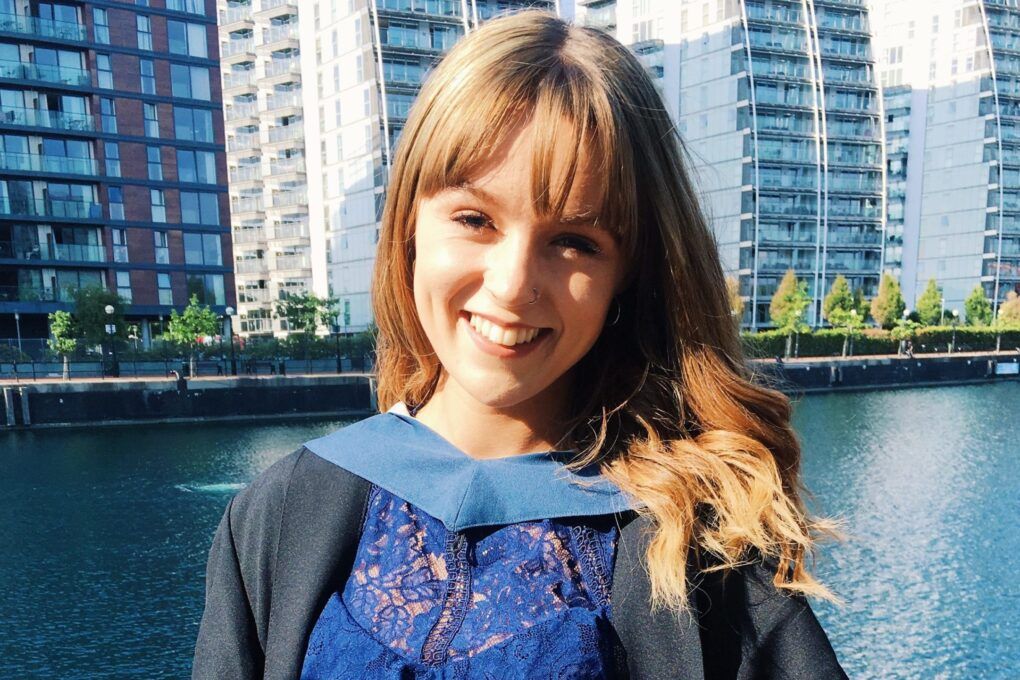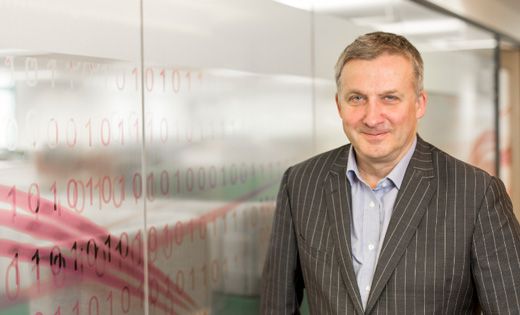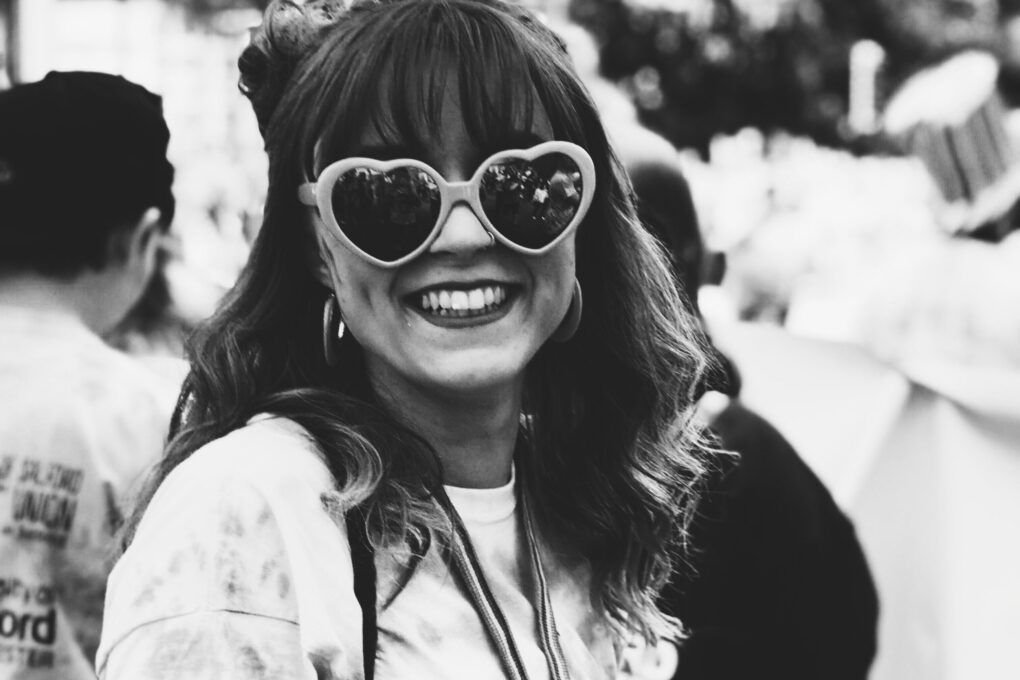‘I got cancer at 19 – now I’m hoping researchers will find out why’

For most university students, the first year is about making new friends and having fun, with the odd lecture or two thrown in for good measure. For Seren Hughes, her first year studying English literature at Salford University involved four months of chemotherapy. She was diagnosed with Stage 1 ovarian cancer halfway through her second term, at the age of 19.
“My friends would come in to see me in hospital,” she recalls. “They’d been on nights out and I was there on two drips with a swollen stomach, looking like I was pregnant.”
Seren discovered she had ovarian cancer after losing her appetite and having difficulty going to the toilet. She went to see her doctor at university, reporting general symptoms of feeling unwell. Her GP suggested it was probably constipation, but as a precaution, he decided to do some blood tests.
It was a good decision – Seren’s blood showed an elevated level of CA125, an indicator of ovarian cancer. Just a few days after her appointment with her GP, she was sent to A&E for various tests. “Initially, they thought it was my appendix, then they wondered if I was pregnant because I had a swollen stomach, so I had loads of pregnancy tests,” she says. “Then I had a CT scan and they figured out it was a cyst the size of a rugby ball on my ovary.”
Seren underwent a 10-hour operation to have the cyst removed. A biopsy confirmed it was cancerous.
‘I have no idea what caused my cancer’
Now aged 27 and working in Manchester as an operations manager in the charity sector, Seren says she was lucky her cancer was picked up early. “They call ovarian cancer a silent killer because it can go undetected for a long time. The type of ovarian cancer I developed – mucinous adenocarcinoma – tends to grow very fast, so it was caught early in its lifecycle.”
Today, Seren still wonders what caused her illness. She was fit and healthy, with no family history of the disease. It all added to the shock of the diagnosis – and contributed to her suffering from PTSD after her recovery. “I’ve no idea what caused the cancer. The surgeons said it was one of those cases where it just happens.”
That sense of the unexplained led Seren to sign up as a volunteer for Our Future Health, the UK’s largest ever health research programme. She hopes that by being part of the programme she can provide data that will help researchers to better treat cancers such as hers. “A population-level programme like Our Future Health will allow researchers to find similar cases and then analyse genetics together with lifestyle and identify new patterns,” she says. “The level of data that comes from mass studies like this is incredible – it gives people what they need to make big decisions and find new answers.”
Is cancer actually a collection of diseases?

Currently, there are around 4,100 deaths to ovarian cancer every year in the UK, according to Cancer Research UK. Geoff Hall, a professor of digital health and cancer medicine at Leeds Cancer Centre, is excited by the potential of Our Future Health. As someone who treats people with gynaecological cancers, like Seren’s, Geoff believes our programme will uncover new data that leads to cancer prevention, earlier diagnosis, and new treatments.
“During my time as an oncologist, we’ve recognised that ovarian cancer is not just one disease but a collection of many cancers affecting the ovary,” he says. “These all need to be managed differently. This is true across all cancer medicine. A deeper understanding of the biology of cancer and the abnormalities that cause it to develop mean that cancers – even common ones such as breast cancer – are best considered as many separate rare diseases. And to understand rare diseases, you need a huge population of data to get enough patients to make new discoveries.
“With Our Future Health, once you’re talking to five million people in the UK, you’re not far off 10 percent of the country. It’s a very, very significant opportunity to improve cancer outcomes.”
A marathon achievement

Thankfully, Seren received the all-clear after her chemotherapy. She returned to university in the autumn of the same year to resit her first year, and went on to graduate with a degree in her field. Not only that, she set herself the target of running the London Marathon, which she achieved, saying she felt “stronger than she was before the disease”.
Since then, Seren has made it her goal to spend the rest of her life looking at how to prevent diseases and improve people’s health. “To be able to push research, be part of it and try to understand these mysteries – I’d love to know why what happened to me happened. It would give me peace of mind.”
Volunteer Voices
Volunteer Voices is a regular series that showcases our participants and their reasons for joining Our Future Health. You can read more stories using the following links…
Joanne Foden: ‘I wouldn’t be here without the NHS – I wanted to give something back’
Paul Hooley: ‘Joining Our Future Health is like leaving your body to medical science – while you’re still alive’
Renuka Baldwin: ‘I want to help people like me in the future’
Would you like to be featured in Volunteer Voices? Get in contact with us by emailing stories@ourfuturehealth.org.uk. Everyone has something unique to give.

Let’s prevent disease together
By volunteering for Our Future Health, you can help health researchers discover new ways to prevent, detect and treat common conditions such as diabetes, cancer, heart disease, stroke and Alzheimer’s.